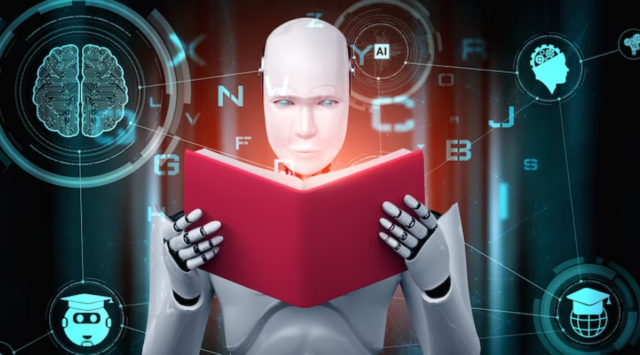Exploring the Power of AI in Natural Language Processing: Revolutionizing Communication
How does AI in natural language processing revolutionize communication?
The Rise of Artificial Intelligence (AI)
Artificial Intelligence has emerged as a groundbreaking technology that is transforming various industries. Among its many remarkable applications, Natural Language Processing (NLP) stands out for its ability to revolutionize communication.
Understanding Natural Language Processing (NLP)
Natural Language Processing focuses on enabling computers to understand, interpret, and generate human language, both written and spoken. It involves techniques from linguistics, computer science, and AI to bridge the gap between humans and machines.
Enhancing Communication Efficiency
AI-powered NLP systems have drastically improved the efficiency of communication by automating tasks that were previously time-consuming or error-prone. Chatbots, for example, can quickly and accurately respond to customer queries, providing personalized assistance around the clock.
NLP algorithms have also empowered virtual assistants like Siri, Google Assistant, and Alexa to understand spoken commands, perform tasks, and provide relevant information. From setting reminders and making appointments to searching the web, NLP simplifies interactions with smart devices.
Breaking Language Barriers
Language barriers have long hindered effective communication between individuals speaking different languages. However, AI-powered NLP technologies are overcoming these barriers by providing real-time translation services.
Services like Google Translate employ advanced machine learning models to accurately translate text and even spoken language. The availability of such tools makes it easier for people to interact, collaborate, and share knowledge across diverse linguistic backgrounds.
Empowering Sentiment Analysis
Analyzing human sentiment has crucial applications in various fields, including market research, social media analysis, and customer feedback evaluation. With NLP, companies can automatically process large volumes of text and gain valuable insights into customer opinions and feedback.
Using sentiment analysis techniques, AI-powered systems can identify emotions, determine sentiment polarity, and detect sarcasm or irony in online content. These insights enable businesses to make data-driven decisions, improve their products or services, and enhance customer experiences.
The Future of NLP and Communication
The potential of NLP in revolutionizing communication is vast. As AI technology continues to advance, NLP is likely to become increasingly sophisticated, allowing for more natural and nuanced interactions between humans and machines.
Future developments may include improved language understanding, context-aware responses, and even emotional intelligence in machines. Such advancements hold tremendous potential for many industries, including healthcare, education, customer service, and more.















